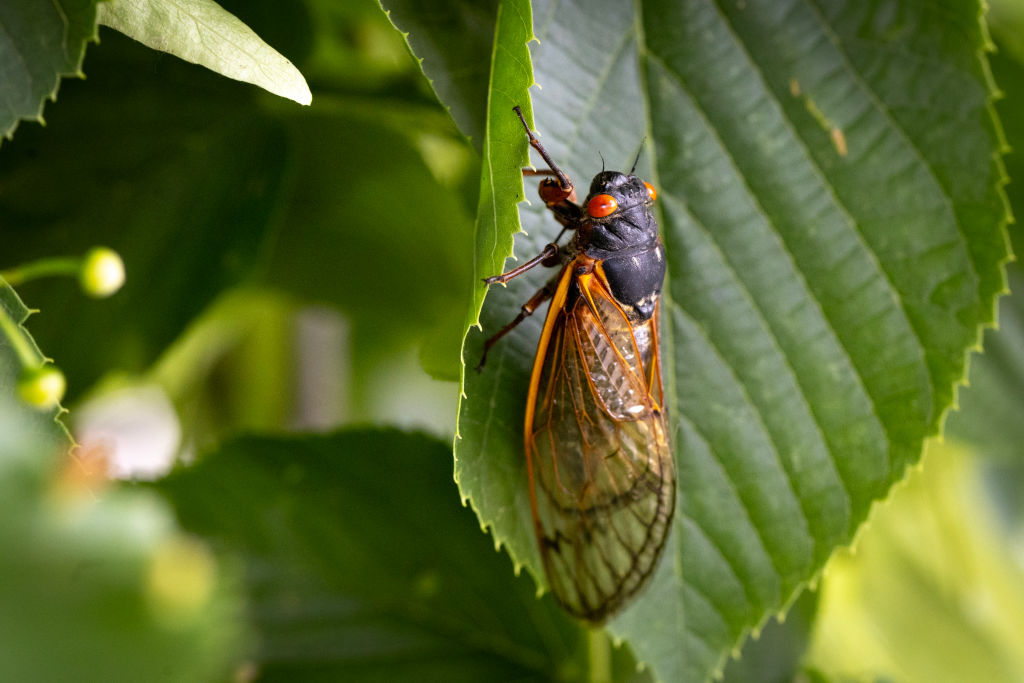
Massachusetts, the cicadas are coming: ‘They can be really loud, as loud as a chainsaw’
Have you missed them?
Seventeen years after the Brood XIV cicadas last emerged as adults and annoyed people with their loud buzzing calls, they’re coming back.
Residents along inner Cape Cod and over the bridge into southeastern Plymouth County should expect the 17-year periodical red-eye cicadas to surface by late June.
While the noisy cicadas are harmless to people and don’t sting or bite, periodical cicadas can be concentrated and very numerous in some spots. When that happens, their buzzing calls used to attract mates are quite loud.
“When there’s a high density of them, they can be really loud, as loud as a chainsaw,” said National Pest Management Association‘s Jim Fredericks, noting that their buzzing can hit 120 decibels.
He expects that there will be hundreds of thousands of cicadas emerging along the western portion of Cape Cod and into Plymouth County.
“It’s really a spectacular sight,” Fredericks added. “It’s really exciting, with lots and lots of cicadas singing at once and searching for mates.”
The cicadas should emerge by late June, mate, and lay eggs. They usually live for about five to six weeks.
“They’re above ground for a short time,” Fredericks said. “You won’t see them anymore by the end of July.”
The cicadas could end up where people don’t want them — in their yard or garden, on their house or vehicle. Officials are assuring people that the cicadas will disperse on their own within a few days, and that they should not be killed.
Their shells might pile up around trees.
“They’re not considered a pest species,” said Tia Pinney, senior naturalist with Mass Audubon.
“It’s important we don’t use pesticides on them,” Pinney added. “They have a short lifespan, and we just have to put up with them and their noise.”
Related Articles
Stephen Lynch challenger emerges, says he won’t accept PAC money
Ex-Massachusetts teacher busted by feds for allegedly sexually exploiting children
Alleged Massachusetts migrant shelter rapist fights bail hike
Alleged Massachusetts child sex predators arrested in national effort: ‘Sacred’ responsibility
Business confidence drops dramatically over ‘recent political developments’
The cicadas also provide abundant high-protein food for many species of birds, small mammals, and some reptiles and amphibians. When they die in vegetation over water bodies and then drop in the water, even fish benefit.
The Brood XIV cicadas can be found from northeast Georgia to southern Ohio, in central Pennsylvania, on Long Island, and on the Cape. Millions will emerge across the country.
The cicadas’ eggs hatch into nymphs that burrow underground, where they feed on roots, and take 17 years to grow to full size.
After this summer, you’ll have to wait until 2042 for the next brood of adults to emerge.
The Brood XIV population in Massachusetts is restricted to inner Cape Cod and extreme southeastern Plymouth County. (Scott Olson/Getty Images)


